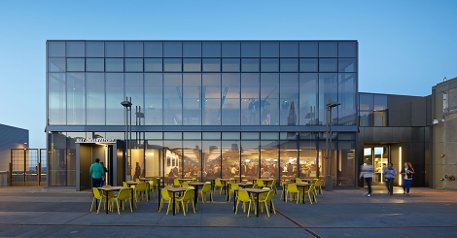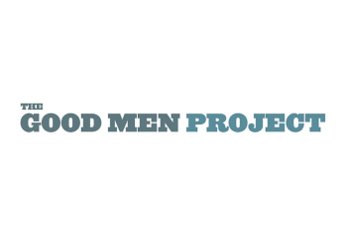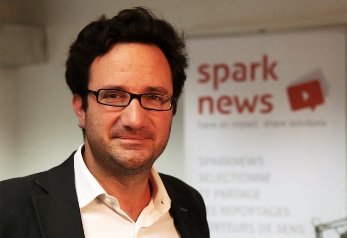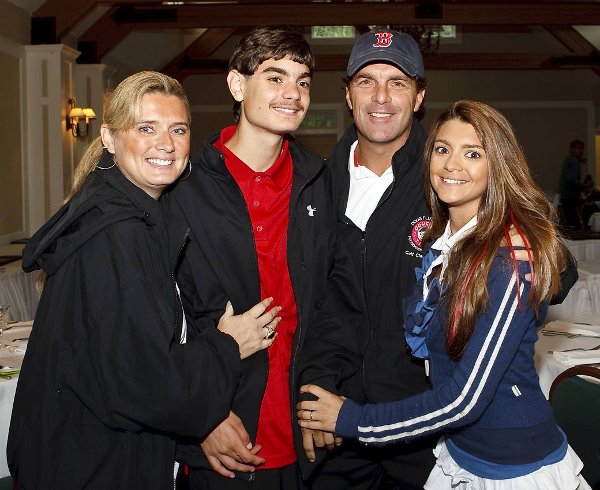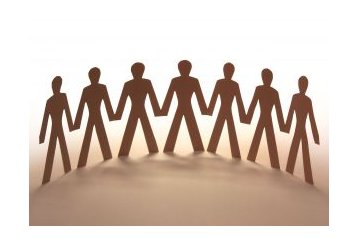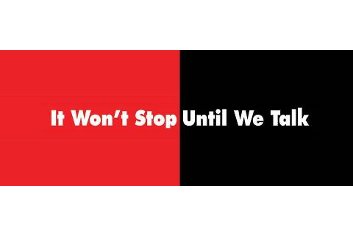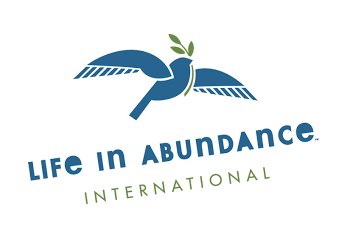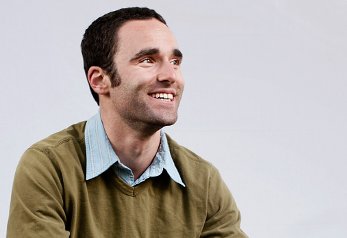Many countries rely on India’s capacity for developing its generic-drug industry for cheap medicines to treat life-threatening diseases like HIV/AIDS and cancer. Anand Grover has largely contributed to this by challenging pharmaceutical giants whose patents threaten the poor’s access to medicine. Grover, a human rights lawyer and the U.N. special rapporteur on the right to health, led the Lawyers Collective court case and won a landmark case in India against the Swiss company Novartis, which sought to patent its cancer drug Glivec in the country. The case was all about an interpretation of the Agreement on Trade & Intellectual Property Rights, which would determine the patent status of antiretroviral drugs in India. The Lawyers Collective prevailed and certain drugs became ineligible for patenting, thus keeping the price of the medications in line with generic medication costs.
This victory had other major implications for public health in India and many countries to which it exports drugs: A generic version of Glivec is 92% less expensive than the original, offering poor patients who need the drug—an effective treatment for leukemia—a more affordable option. The case also set a new legal precedent for determining when and how a company in India can obtain a patent. It wasn’t the first time Grover, founder of the Mumbai-based Lawyers Collective, an NGO that handles human rights and health-related litigation, had gone to the mat with Big Pharma. In 2008, he successfully argued against patenting the drug nevirapine hemihydrate, used to treat HIV. And he’s continuing the fight: Last May, in his U.N. capacity, Grover released a report analyzing the international barriers to guaranteeing access to medicines.
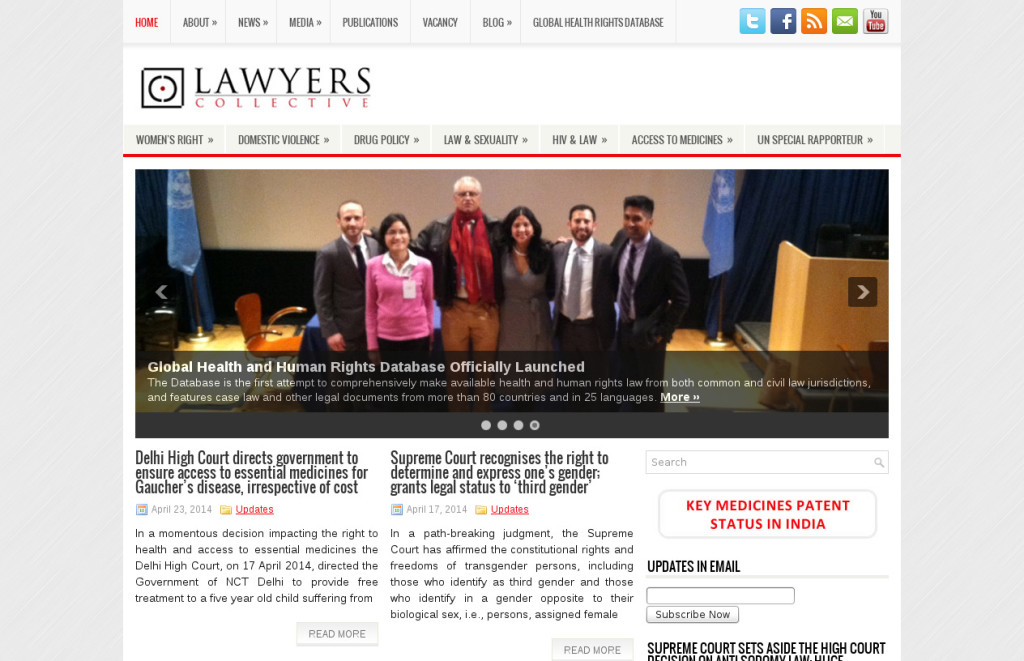 Web site: http://www.lawyerscollective.org/
Web site: http://www.lawyerscollective.org/

